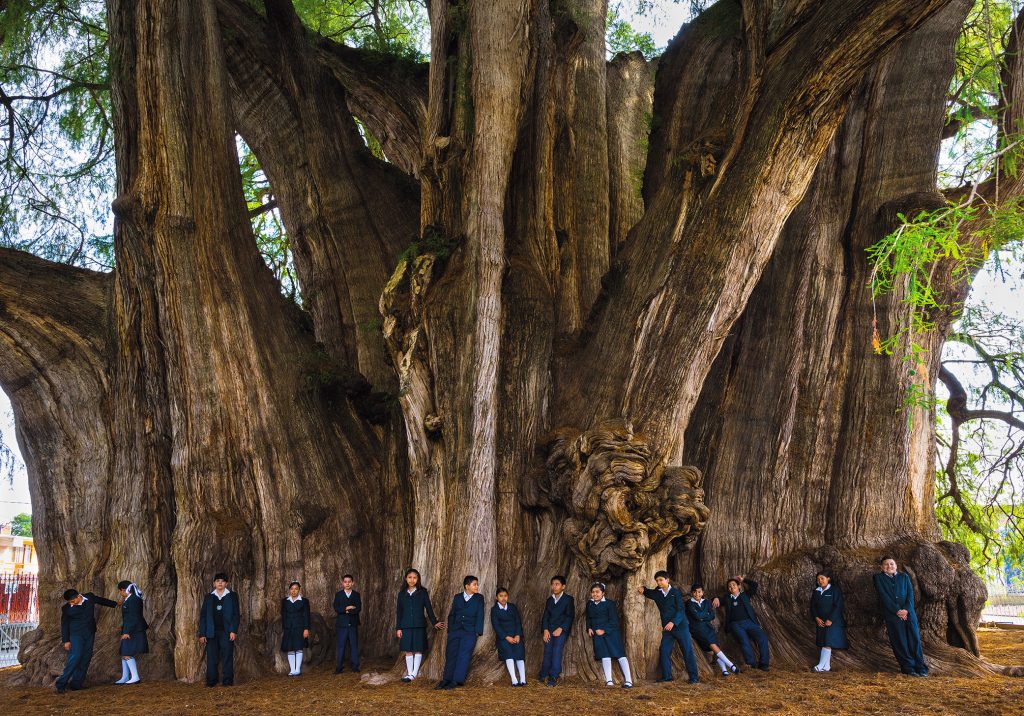In Their Own Quiet Way
I spent last night mesmerized by a gorgeous new book, Wise Trees, by Diane Cook and Len Jenshel, which I think is going to be my Christmas gift to just about everyone on my list this year. Here’s a quote from the introductory essay by Verlyn Klinkenborg:
What trees do in their own quiet way is allow us to think about scale, and they do that better than anything but stars in the night sky.
If you plant a white-oak acorn, you’ll probably think to yourself, “I’ll be dead before this tree is fully grown.” That’s a thought about scale, because a white oak can easily live for three hundred years. With that question comes another: “Will the tree from this acorn ever grow old?”
That could be a question about climate change, but it’s also about patterns of land use and the customs and duration of property ownership. The hills of New England are more heavily wooded now than they’ve been since the late eighteenth century. By 1850, thanks to agriculture and industry, they were nearly as naked as they were when the glaciers receded some 14,000 years ago. That too is a thought about scale.
It’s worth coming at this idea from another direction. To see what I mean, try a thought experiment. Humans have always been framed by trees, from the original savannah onward. As Emerson put it, “They nod to me, and I to them.”
So imagine inhabiting a world where the largest tress are only shoulder hight and live just a single human generation: twenty to twenty-five years, considerably shorter than the average human lifespan. Suppose too that they decompose after death as swiftly as we do. Picture yourself walking among the forests of that strange arboreal world, gazing across the treetops like a giraffe in an apple orchard.
How would it feel? How would it change your conception of who you are? In our world, we’re dwarfed, outlasted, even humbled by trees. What little modesty we have as a species may depend partly on that fact….
Every solitary, ancient tree is by definition a survivor, a sentinel from the past. We tend not to say that what it has survived is us….
What do we say when every ancient tree is a surviver and every standing forest a remnant? One thing that occurs to me is this: if, as a species, we ever learn to withhold ourselves, to think of trees and forests not as survivors but as citizens, then the natural fecundity of Earth would astonish us. I’d like to be an emigrant to a new world on an old planet, where nature at its grandest belongs not only to the past but to the future.

